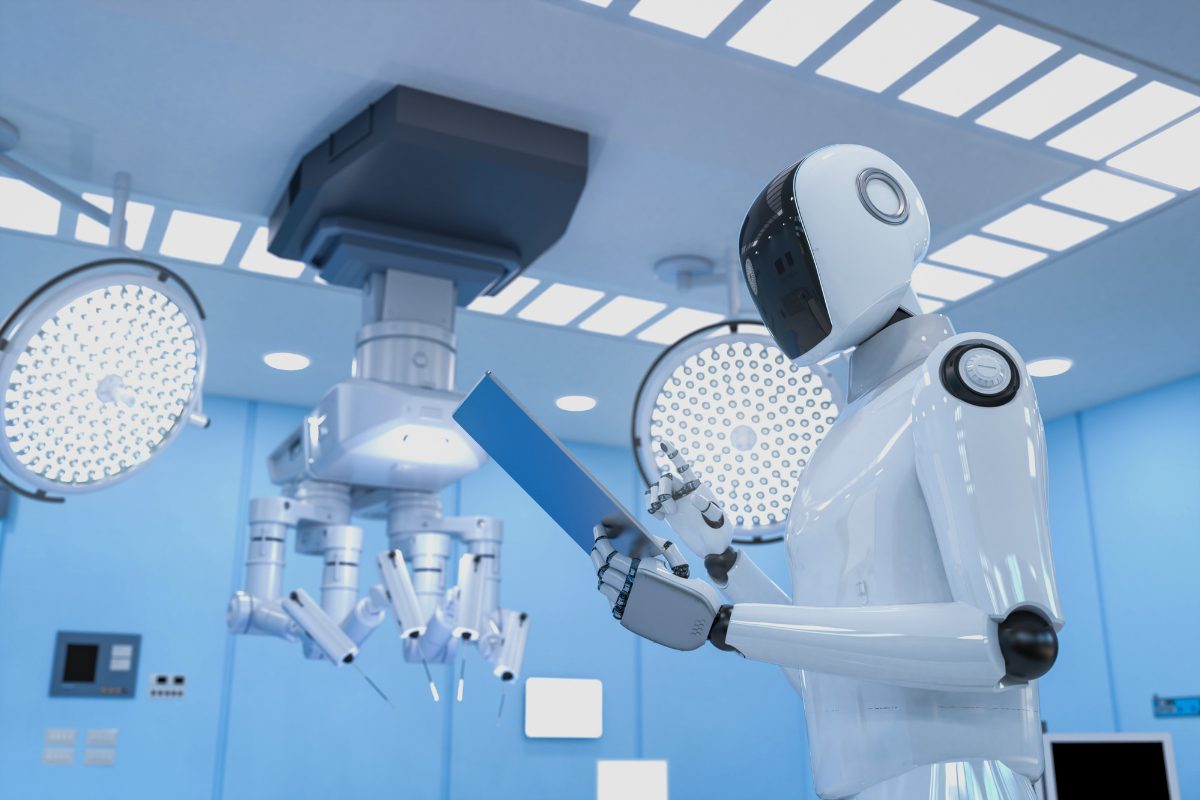In a groundbreaking development, the Surgical Data Science Collective (SDSC) is leveraging artificial intelligence to revolutionize surgical safety and medical education worldwide, addressing the critical issue of five billion people lacking access to safe surgical procedures.
The nonprofit initiative, spearheaded by Margaux Masson-Forsythe as director of machine learning, is pioneering the analysis of vast surgical video datasets to enhance medical training and improve patient outcomes. This innovative approach marks a significant shift in how surgical education is conducted and monitored globally.
By utilizing advanced AI algorithms, the SDSC processes and analyzes extensive collections of surgical footage that previously remained unused. This transformation enables medical professionals to receive precise feedback and support during their training phases, ultimately leading to more refined surgical techniques and safer procedures.
The impact extends beyond traditional surgical training. The integration of AI-powered solutions, such as annalise.ai developed by Harrison.ai, is revolutionizing medical diagnostics through automated radiology image analysis. This advancement significantly reduces diagnosis time while improving accuracy, demonstrating AI’s broader potential in healthcare innovation.
It is important to emphasize the significance of responsible AI integration. Combining human expertise with machine learning capabilities is vital for achieving the best surgical outcomes. These systems must remain transparent and explainable while focusing on their core goal of improving patient care.
The initiative’s success relies heavily on community involvement, with medical professionals worldwide contributing to and benefiting from the collective’s resources. This collaborative approach has already yielded promising results, as evidenced by projects like Caristo Diagnostics, which employs AI to detect coronary inflammation and improve treatment planning.
Personalized training modules represent another significant breakthrough in this AI-driven revolution. These adaptive learning systems provide customized feedback to surgical students, allowing educators to track and optimize learning progression while ensuring consistent skill development across various surgical disciplines.
The broader implications for healthcare are substantial. As AI technology continues to evolve, its integration into surgical training programs is expected to standardize surgical education globally, potentially addressing the significant disparity in access to safe surgical care across different regions.
Looking ahead, the SDSC’s work represents just the beginning of AI’s transformation of medical education. The combination of machine learning capabilities with human expertise promises to create more resilient and effective healthcare systems, ultimately benefiting patients worldwide through improved surgical outcomes and safer medical procedures.
News Source: https://blogs.nvidia.com/blog/how-ai-enhances-surgical-safety-education/









